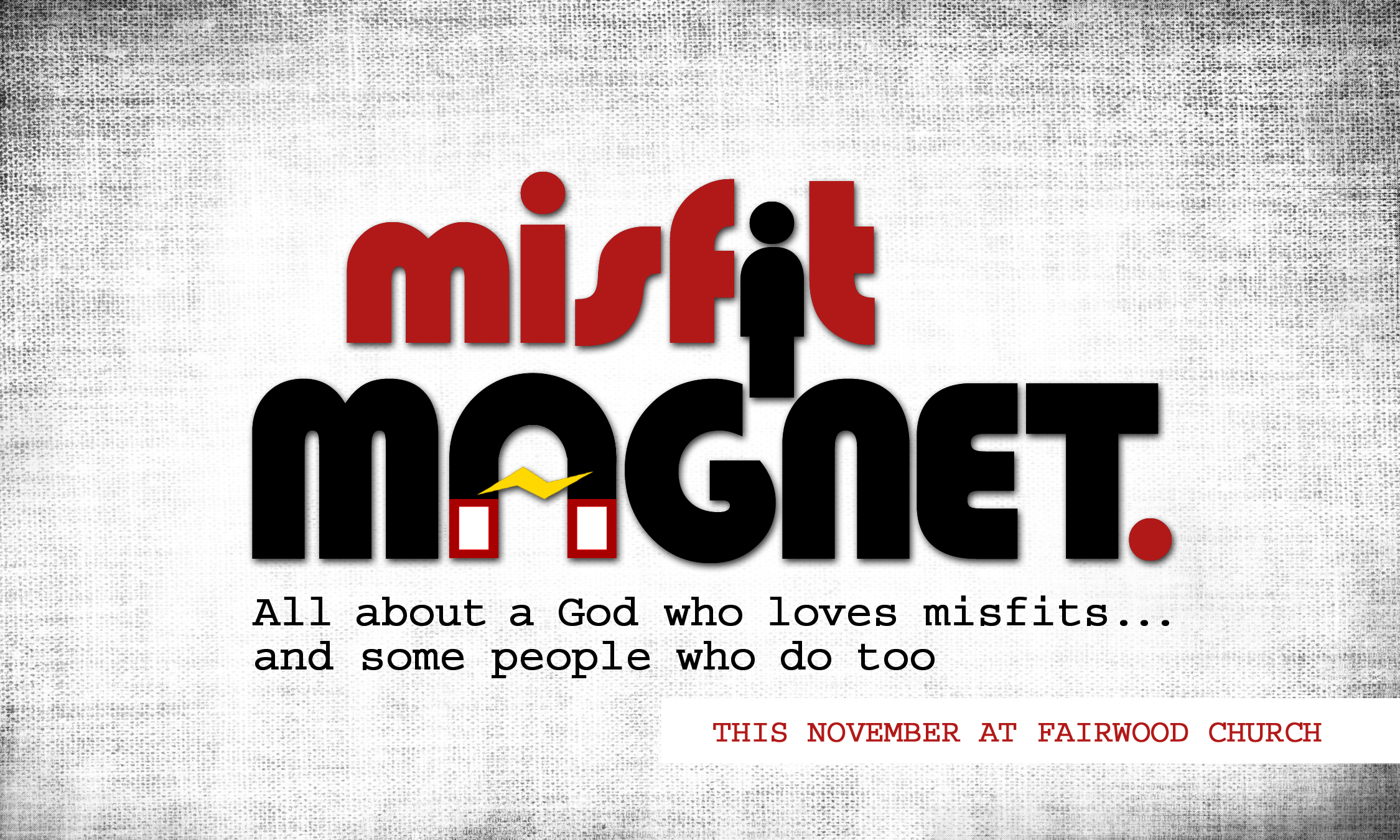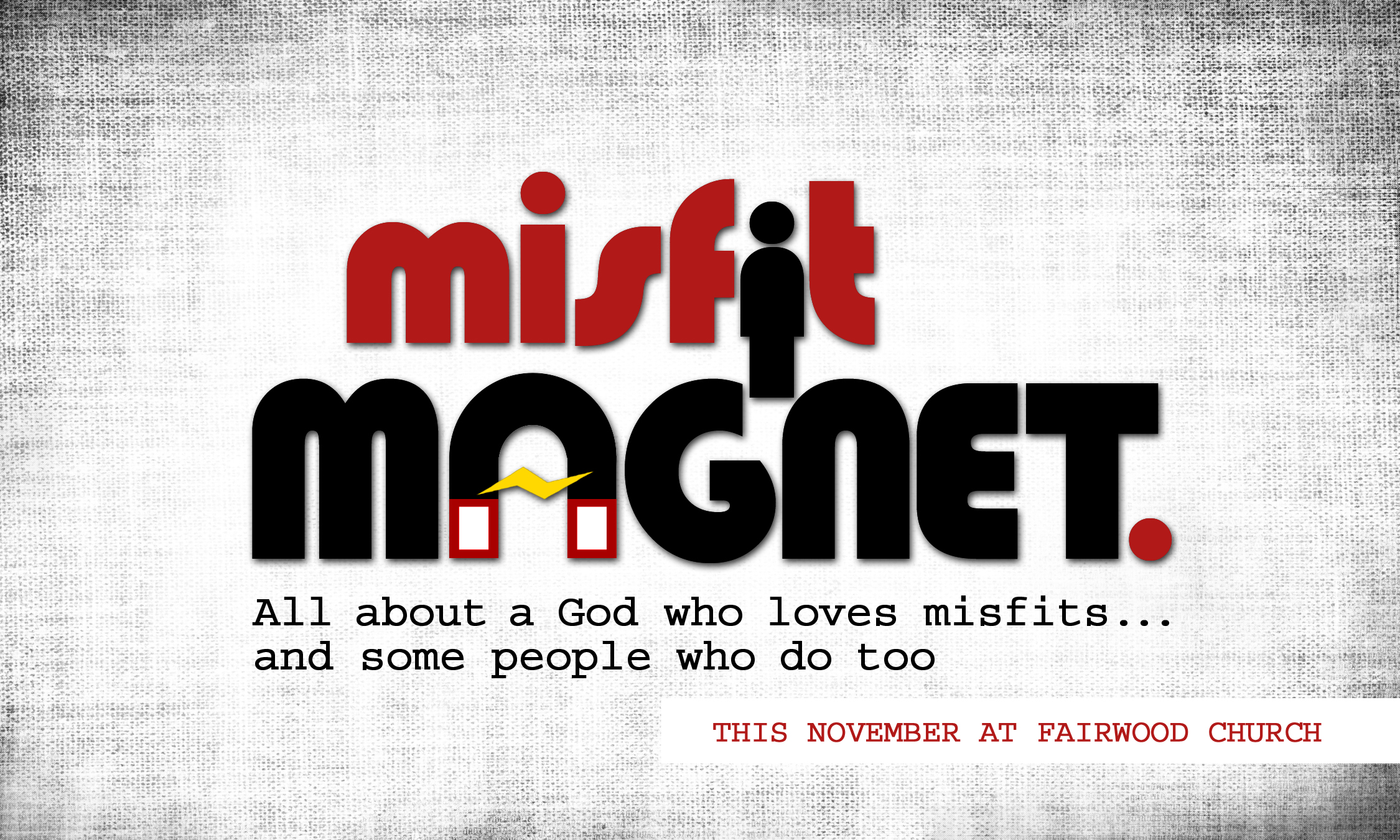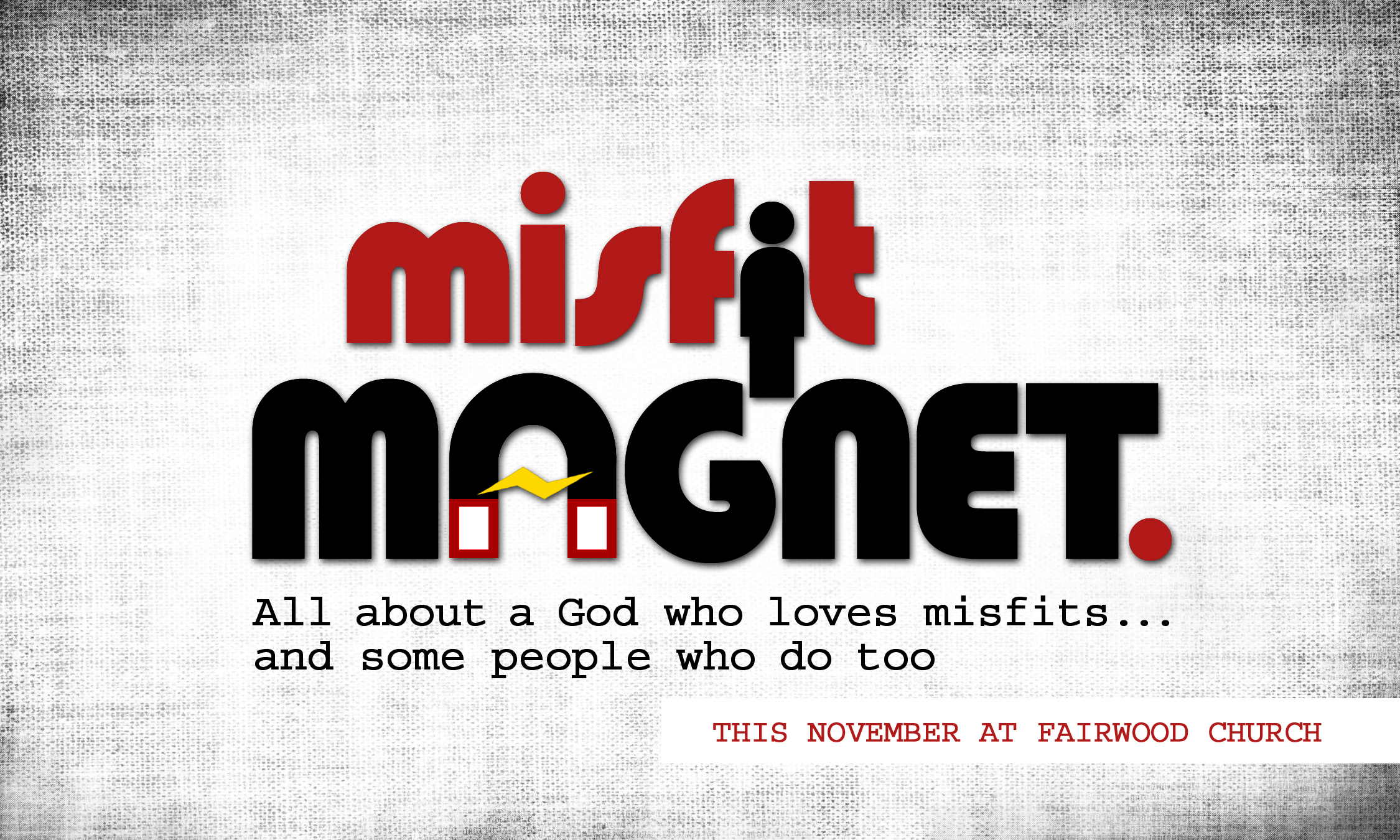I read this story today—it comes from Craig Groeschel’s book Weird (Because Normal Isn’t Working)…
May it inspire you to never become like Virgil.
__________________
Early in my ministry as an associate pastor, I would often fill in for other preachers. One week, my friend Paul invited me to speak at his church while he was on vacation.
Sporting my best (and only) suit, with my shirt ironed and shoes polished to complete the first impression, I arrived plenty early and was immediately greeted at the side door by Lora, the church secretary.
“I’ve got great news!” she said, beaming. “We’re having a visitor at church today-so you better preach great!”
Now, I’m all for getting excited when visitors come to church, but it was evident from Lora’s over-the-top enthusiasm that they were rare commodities at this small, aging church on the south side of town. As the community had suffered decline, the church kept pace with it, and Paul had confided more that once he feared the doors might not stay open forever.
Curious I asked Lora how she knew that the guest would be joining us. She said that a woman had called the church that morning and asked for directions. The caller explained that she had fallen on hard times and wanted to give church a try. Lora prayed with the caller and said she’d be sure to look for her in service. Armed with a little extra motivation, I too prayed and asked God to use me to minister to this hurting lady who would be visiting the church for the first time.
Just before the service started, Lora stationed me by the church’s big wooden front doors alongside another pillar from the congregation, an older man named Virgil.
Within moments, I could tell Virgil loved his church and took his post at the big wooden doors seriously. In between greeting the few dozen members trickling into the building, he started ranting about the problems with today’s generation. “They’re rebellious!” Virgil barked, complaining that young people aren’t respectful of God and His church.
In the middle of Virgil’s rant, I saw her—the visitor—drive up in a beat-up older car so dirty that I couldn’t tell if it was light gray or faded blue. Its balding tires, low in air pressure, squeaked as she turned into a parking spot. Getting out, she revealed a very dented driver-side door. Saying that she stood out is an understatement.
While everyone else entering the church that morning wore suits (dated as they were) or dresses (most ankle length), our visitor closed her car door with a cigarette in her hand and displayed an ensemble of tight blue jeans and a slightly tighter sleeveless shirt, which-forgive me for noticing—definitely revealed much more that the apparel of the average female Sunday school teacher. She might have been attractive if life had been kinder to her. Without judging her, I found my mind pinballing with possibilities: Abusive boyfriend? Drug addiction? Unemployment? Depression? Abandonment? All of these and more?
As she walked toward the church, she took a deep breath and titled her head slightly, looking up at Virgil and me. I prayed again, asking God to give to give me the words to say that might encourage her with His hope.
My silent prayer was interrupted as Virgil hurled his welcome grenade at the young woman. “We wear our best clothes for God at this church. Is that the best outfit you own? Or do you just not care what God thinks?”
“Nooooo!” I desperately wanted to shout. Time collapsed into slow motion, as if I were suddenly caught up in an action-suspense movie and Virgil had just pressed the detonation button for the bomb beneath us all.
My mind scrambled for the best was to undo Virgil’s assault. I considered smiling and yelling out, “Don’t mind old Virgil here—he’s a little…” and making some cuckoo gesture. Then I thought about laughing really loud and saying, “I think we got her—she thinks you’re serious! Come on in Miss. Uncle Virgil’s just been watching too much Punk’d!”
The darkest part of me, though, wanted to assume the Jason Bourne role and launch myself at Virgil with a punch so hard that he’d meet God face-to-face. (I realize this would not exactly honor Christ or offer the visitor a better reason to stick around). Instead I just stood there, frozen in place by my own outrage and uncertainty.
As if on cue, the visitor simply turned, walked back to her clunker of a car, and drove away.
Virgil mumbled, “Rebellious.”
Something happened in my heart at that moment. Before God, I made several promises that I would vow to keep for the rest of my life. I committed to resist judging someone who doesn’t know God. I promised never to turn anyone away from church because of the way they look. I vowed never to become like Virgil.
Silently I turned my back to him and walked back into the secretary’s office, overcome with emotion. As strange as it sounds, I seemed to feel God’s pain. The hurt I experienced seemed bigger than my own. Lora asked me what happened, and fighting back my tears, I told her how Virgil turned away the hurting visitor. She teared up too and asked if she could pray for me.
I don’t remember all that she said, but I’ll never forget one thing. She asked God to use this experience to help my heart break forever for those who don’t know Christ.










